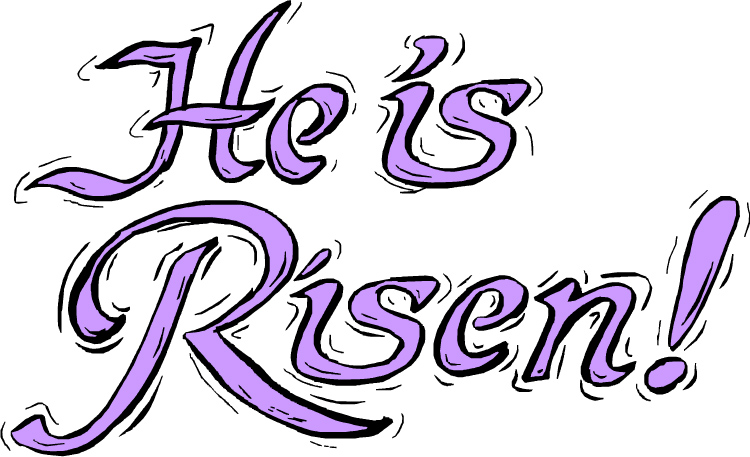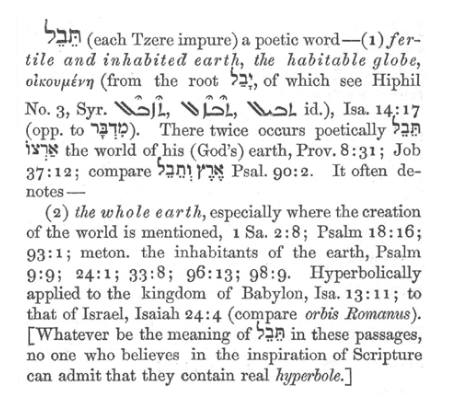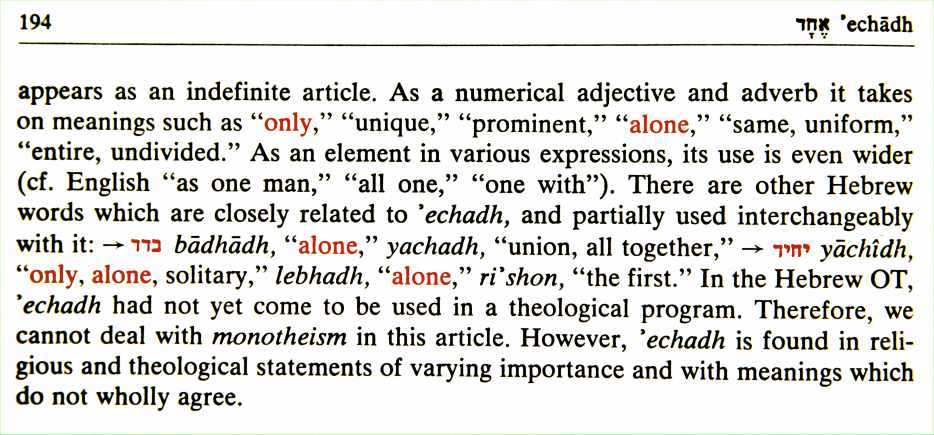
1, The Pulpit Commentary (London New York: Funk & Wagnalls Company, 1909), 1. Waltke, eds., Theological Wordbook of the Old Testament (Chicago: Moody Press, 1999), 80. Smith, The Major Prophets, Old Testament Survey Series (Joplin, MO: College Press, 1992), 97. Fausset, and David Brown, Commentary Critical and Explanatory on the Whole Bible (Bellingham,WA: Logos Research Systems, 1997), 346. Gesenius’ Hebrew and Chaldee Lexicon to the Old Testament Scriptures, Gesenius Hebrew and Chaldee Lexicon to the Old Testament Scriptures (Bellingham,WA: Logos Bible Software, 2003), 127. Wilhelm Gesenius and Samuel Prideaux Tregelles. These are the characteristics of the blessed man that the Psalm describes. Following the ways of the Lord, having unwavering faith, and repentance for sin. It lays the foundation for what the Psalms will further discuss. In conclusion the placement at the beginning of the Psalms is important. The people are blessed when they put their faith in the Lord and is accompanied by repentance. TWOT includes the following features: More than 1,400 articles written by 43 Old. Waltke, is an extensive, scholarly discussion of every Hebrew word of theological significance in the Old Testament and is keyed to Strong's Concordance. The passage in Isaiah varies as it is a precursor to a messianic promise. The Theological Wordbook of the Old Testament (TWOT), by Gleason L. He is blessed because he runs from sin and strives to live a good life. The passage on Psalm one described man walking with the Lord on this earth. Though it is towards the end of the passage, the meaning is similar but with a subtle difference. That passage of scripture states, “for the Lord is a God of judgment: blessed are all they that wait for him”. In Isaiah 30:18b the word is used at the end of the passage. The same goes for the passage from 2 Chronicles as the inspired writer exclaims happiness about those who want to hear the wisdom of God. In Psalm 1:1 the psalmist exclaims “Oh, the happiness” of one whom does not do these things. īoth passages are projecting strong emotion. It is once again used at the beginning of the passage and denotes one being full of happiness. One of the instanced where an inspired writer uses it the same way is this Psalm is in 2 Chronicles 9:7. It is used as “Blessed” 27 times in the Old Testament and is used as “Happy” 18 times. The word used at the beginning of Psalms is the masculine noun ‘esher. There are a few other meanings depending on the context in which it is used. This Hebrew word, when transliterated, is ‘ ashar which is most translated as “Blessed”.

As we read in Romans 3:13, if the poison of asps is under the lips of a professing Christian, destruction and misery are sure to follow.The Hebrew word from which the English word for “Blessed” is derived from is אָשַׁר. When Christians behave like sinners, it is a stain on the churches and a mockery of Christ. The Holy Spirit will enable us to behave in a Christ-like way. They need to repent of their bad behavior, make amends, and seek God for the refilling of His Holy Spirit. If a professing Christian behaves like an unbeliever, they are carnal and need correction.

Nobody is more spiritual than they are Christ-like.


Perhaps it’s time to ask the congregation, How do you treat one another? Do you make fun of your fellow brothers and sisters? Are you critical of things that don’t amount to anything? Do you judge people by their speech or their appearance? Do you judge them by how wealthy or poor they are? Are you critical of others when you should be having compassion for them? Or, more pointedly, Are you sitting in the seat of the scornful? A person could be going through hard times and don’t need criticism. We should never judge people as described in this article.


 0 kommentar(er)
0 kommentar(er)
